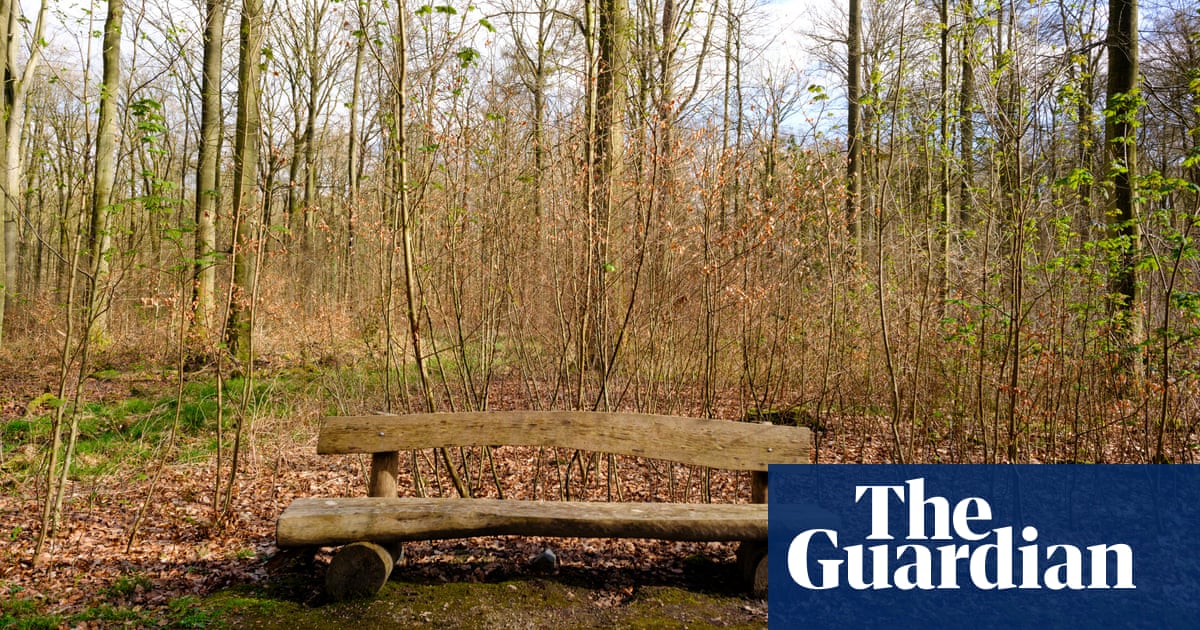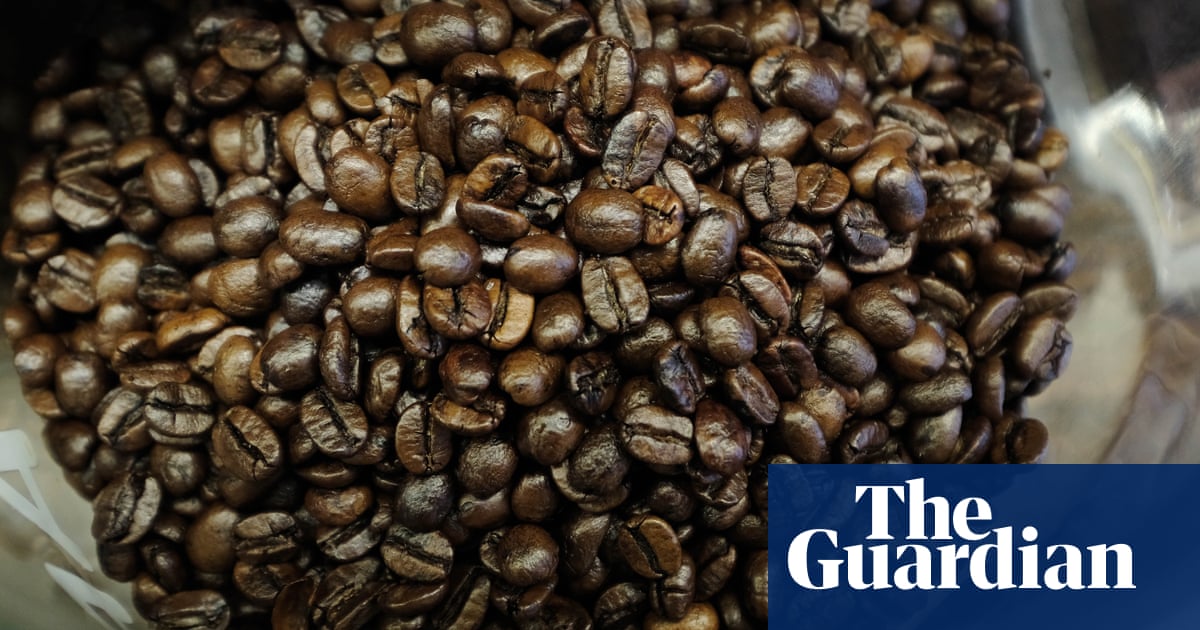The sounds of our natural world are changing dramatically. Earthâs wildlife populations have plunged by 69% in fewer than 50 years. Fading along with them are many of the distinctive soundscapes of nature: the night-time calls of mammals, morning chorus of birds and buzz of insects.
This global story is stitched together by many local stories of loss. We spoke to readers about how natural sounds are changing where they live.
When I was a teenager in the 90s, I used to sneak out a lot to go to raves. I used to get back home at like six in the morning and always hated the noise the birds made outside my window. Even after 12 hours of blaring techno, the birds were so loud I never was able to sleep.
Iâve just temporarily moved back to that same childhood bedroom in the commuter belt of Munich having spent 15 years working as a photographer in the US. Now, there is literally no noise when I have my window open. No birds at all.
Itâs a dire reminder of what we lost in such a short time. When I was 16 and you drove from one town to the next one you would need to clean the windscreen. Now you can drive for seven hours on the highway, and there is nothing. We only have blackbirds and sparrows in the garden, all the other birds are pretty rare â my parents freak out when they see them.
Now I feel nostalgic for those early morning bird noises, but I donât think theyâll come back.
Oliver Fiegel, Munich, Germany
My husband and I built our house in the woods in New Brunswick in 1985. We were able to buy 50 acres of woodlot and build a modest home. When the sun came up in the early morning in spring and summer the cacophony of birdsong was so loud weâd have to shut our bedroom window in order to grab another hour or two of sleep. I am not a birder but my family has noted various warblers, thrushes, sparrows and thrashers over the years.
That ended long ago. I think I began really noticing the difference in the early 2000s, around the time our daughter was going to university. It seems as if itâs the migratory songbirds in particular that are disappearing. Yes, my hearing probably isnât what it was 40 years ago, but honestly, the difference in volume and diversity of song is devastating to experience. The world we are leaving our children and grandchildren is going to be a very different place, I fear.
Debra McKeil, New Brunswick, Canada
There is a beautiful cherry tree in my parentsâ garden which used to be buzzing with bees. It looks like a bride when itâs in bloom with this amazing white blossom. It was like standing under a beehive. When I was a kid I was afraid of insects, but now Iâm 42, I know there isnât anything to be afraid of.
Whenever I was feeling gloomy about the future, looking at this tree would allow me to pretend for a while that things were normal. But for a couple of years in a row now, the tree has been blooming a month earlier than it used to, when the bees are not yet around. Occasionally, there is a solitary bee on the tree, but that is rare. Every day I walk under that cherry tree in full bloom and hope to hear that humming but get disappointed.
This tree was planted by my grandfather 55 years ago. He loved nature. If he were here today I think he would be walking around shaking his head. I will take over this garden at some point, and I wonder what types of plants I will be able to have when I am old. In times when the world seems to be going in the wrong direction it would be nice to have certain things remain unchanged â especially those that really matter.
Jana Hudecova, Bratislava, Slovakia
I miss the fruity song of a blackbird that used to sing from a nearby tree in the evening. The chattering of tits. The hum of insect life. With the total disappearance of swifts and swallows, goldfinches and other garden birds (despite feeders), I feel very alarmed and very saddened.
I am 89 and this is so different from my memories of childhood, when the cuckoo always heralded the onset of summer warmth and swifts and swallows were a regular part of the summer scene. I recall the title of a book (which Iâve never read): Silent Spring, by Rachel Carson. Was this present time what she was writing about so prophetically?
Reader from Essex, UK
I miss the sound of the bullfinches. We usually heard their sweet single whistle before we saw them in our garden â I always knew they were about to arrive. They would usually appear in pairs â I found there was something reassuring and old-fashioned about that.
Weâve lived here for 30 years, and theyâve been here since the beginning. They can stick together for life â itâs comforting to think of them raising a brood together, just like we have in this house. My wife remembers watching them feeding on the sunflower seeds in the garden when she was feeding our daughter Emily. She and our son Ben loved watching them.
Looking back through my Garden Birdwatch for the British Trust for Ornithology I see that from 2003 to 2020 they were regularly observed for more than 15 weeks a year. Slowly they started to tail off and in the past four years itâs really noticeable â they didnât visit us at all in 2023. Something must have changed in our area, like a hedgerow has gone or a field is being used differently. Iâm not sure, but Iâm missing them and wondering where theyâve gone.
Peter Gray, Chesterfield, UK
I was born in 1982 and lived in Norwich, in the east of England, until I was 25. I used to spend a lot of time outdoors in the countryside and at the coast, and developed a close connection with the natural world. While not a birder by any means, I was familiar with the songs and calls of many species, and loved listening to the blackbird and robin in our garden. Yet it was not until very recently that I realised my childhood experiences of bird song had been drastically impoverished, compared with if I had grown up in the 1950s. Since the postwar period, populations of nightingales and turtle doves have plummeted by more than 90%.
This decline has been so drastic that most people, including myself, have never encountered the beguiling songs of these summer visitors. But whatâs more terrifying is that most people, again including myself, donât realise these species are missing. Their eradication has been so swift and so complete that weâve forgotten they used to exist at all.
Alex Smalley, Cornwall, UK
Curlews. My favourite sound in all the world and the sound of Cumbria. This time of year they should be calling over the fields here as they come inland to breed. Only 15 years ago youâd hear dozens. This year Iâve heard only one heartbreakingly lonely call in the night. There is no wild sound quite like the curlew â with each loss like this we lose the singularity of place which inspires us to care for it. You canât love something that isnât there.
Heidi Bewley, Cumbria, UK
I have lived here in Skåne for 35 years. When we first moved in there were several swallow pairs with nests under the farmhouse eaves and in various outhouses. Last year there was just a single pair. I miss their twittering when they first arrive and when they are hunting insects high and low.
Len Barnes, Tjörnarp, Skåne county, Sweden
Find more age of extinction coverage here, and follow biodiversity reporters Phoebe Weston and Patrick Greenfield on X for all the latest news and features



